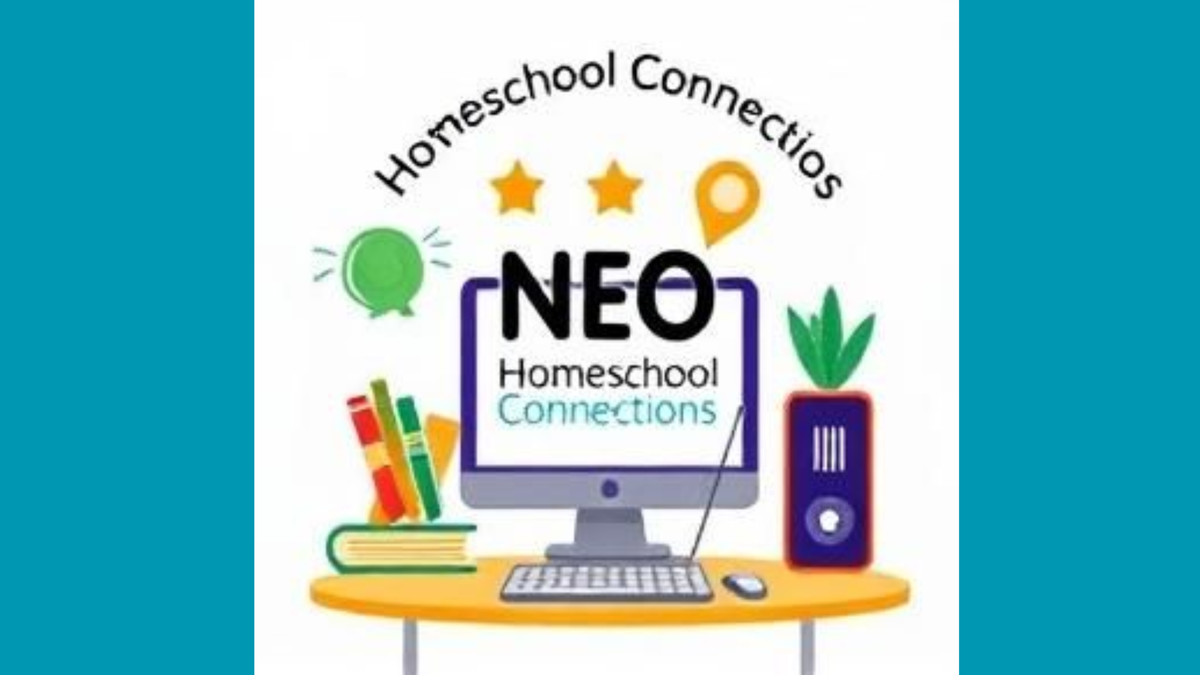Busting Myths Surrounding Homeschool: College Acceptance & Socialization

Hello reader! Welcome back! If you're just beginning to look into the possibility of homeschooling, you've probably heard some push-back about how homeschooling can impact a student's ability to get into a good college or, how homeschooled students don't have adequate socialization. Today, I want to tackle these myths -because that's what they are - head-on. I've done my research on both topics, and in this post, I'm going to share my findings with you. Ready? Let's go!
Myth #1: Homeschooled Students Struggle with College Acceptance
One of the biggest misconceptions about homeschooling is that it hinders students from being accepted into college. However, the reality is quite the opposite. In recent years, colleges and universities have increasingly recognized, and even valued the unique strengths of homeschooled students. Many prestigious institutions, including Ivy League schools, actively seek out homeschooled applicants. Why? Because these students often exhibit self-motivation, independence, and a passion for learning—qualities that are highly desirable in higher education.
Evidence of Success:
Harvard University has openly stated that homeschooled applicants are evaluated on the same criteria as their traditionally schooled peers and have been admitted at similar rates.
Stanford University admissions officers have noted that homeschooled students are often better prepared for the demands of college life due to their self-directed learning experiences.
Tips for College-Bound Homeschoolers:
If you've got a homeschool student who's beginning their search into potential colleges, here are a few tips that will improve their chances of getting into the school they most want to attend:
- Keep thorough records: Maintain detailed transcripts and portfolios showcasing academic achievements, extracurricular activities, and independent projects.
- Prepare for standardized tests: Excelling in SATs, ACTs, and AP exams can bolster your college application.
- Seek out letters of recommendation: From tutors, community leaders, or mentors who can vouch for your student's abilities and character.
Myth #2: Homeschooled Students Lack Socialization Skills
Another widespread myth is that homeschooled students miss out on socialization opportunities and therefore struggle with social skills. This myth stems from the outdated stereotype of the isolated homeschooler. In reality, modern homeschooling is far from isolated. Homeschoolers often participate in a variety of social activities, including co-ops, sports teams, music and arts programs, community service, and more.
The Reality of Socialization:
Homeschool Co-ops: These are groups where homeschooling families come together to share resources and participate in group learning activities, providing ample social interaction. I'll share some of NE Ohio's homeschool co-ops in a post later this month.
Extracurricular Activities: Many homeschooled students join local sports teams, theater groups, music classes, and other community-based programs.
Community Engagement: Homeschoolers often have more flexible schedules, allowing them to engage in meaningful community service, internships, and part-time jobs, which build social skills and networks.
My husband was homeschooled along with his 4 siblings, and they were all able to work jobs that their public school counterparts wouldn't have been able to manage because they had a more flexible schedule. For example, my husband and a few of his siblings worked for their hometown's newspaper delivering newspapers to local residents around lunchtime during what would have been the middle of the school day for a student in public school.
Real-Life Examples:
Did you know there are celebrities who were homeschooled and were successful later in life?
Tim Tebow, the celebrated NFL quarterback, was homeschooled and participated in high school sports, later earning a college scholarship and excelling both on and off the field.
Emma Watson, the renowned actress, experienced homeschooling while balancing her acting career with her studies, developing strong social and academic skills.
Conclusion:
Homeschooling offers a flexible, personalized education that can lead to remarkable academic and personal growth. The myths surrounding college acceptance and socialization are just that—myths. By understanding the realities and benefits of homeschooling, we can appreciate the diverse educational paths that contribute to the success of students everywhere.
Thanks for taking the time to dig into these commonplace homeschool myths with me! I hope this post has helped you learn a little more about what's available to homeschoolers, and how a homeschooled student can be just as successful as their public school counterpart. If you want to dig into these or other homeschool topics yourself, I recommend checking out the resources below.
Websites:
College Acceptance:
Harvard University Admissions (from Harvard College - a close-knit undergraduate community within Harvard University): Look under the question "What if I'm homeschooled?"
Stanford University Admissions : This page has an entire section on homeschool applicants.
Stanford Magazine : an article discussing how homeschooled students bring unique qualifications to the college experience
Socialization:
Homeschool Legal Defense Association (HSLDA) : Link to an article by this association discussing homeschool socialization.
Books:
Homeschool Rising by Christy-Faith
Becoming Homeschoolers by Monica Swanson
Thanks again for reading, and I'll see you down in the comments!